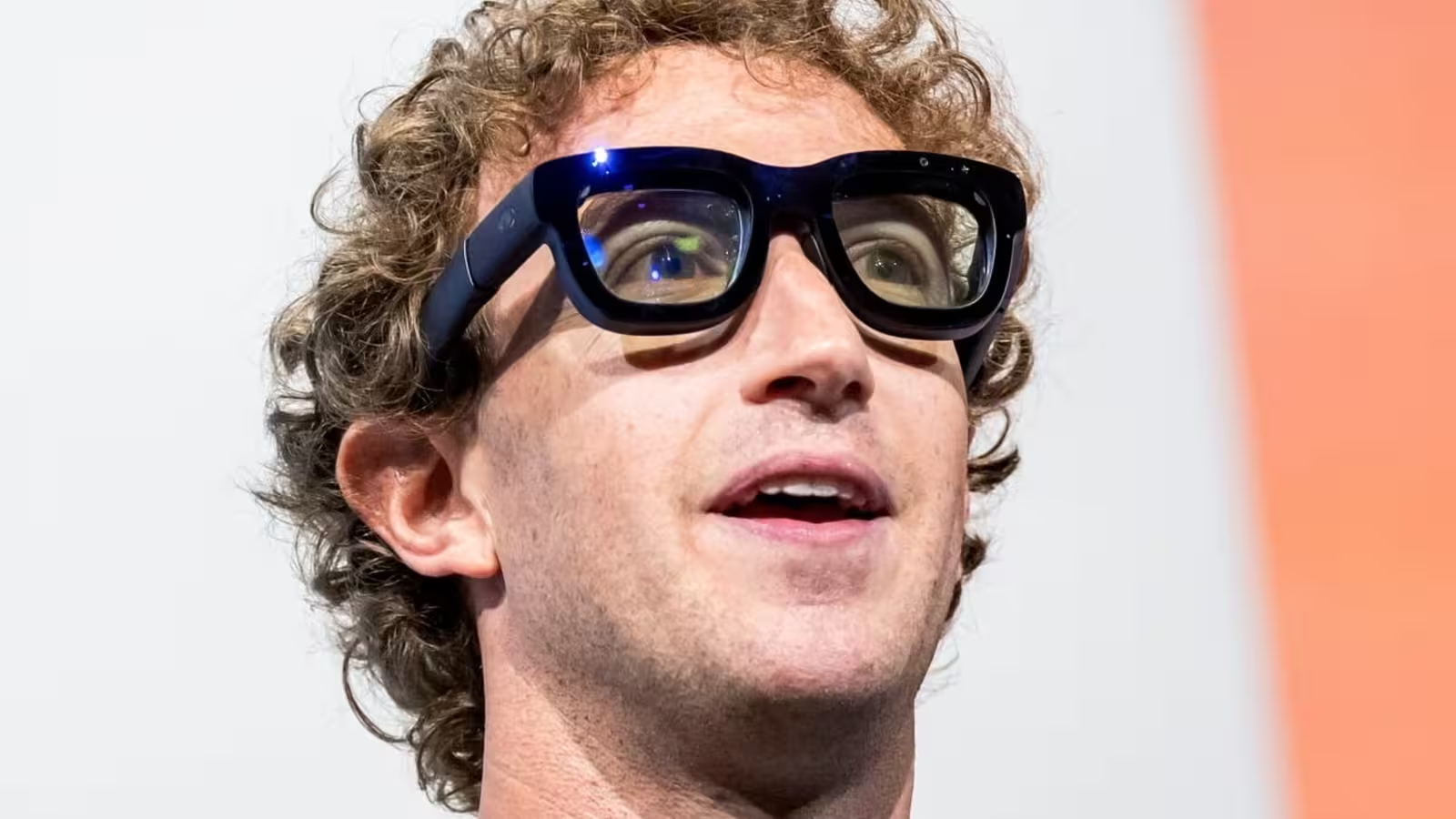3 Minutes
TITV’s Highly-Anticipated Debut Marred by Technical Issues
The Information, renowned for its cutting-edge technology news coverage, faced an unexpected challenge during the premiere of its live video podcast, TITV, sponsored by Amazon. The new show, which aims to offer exclusive insights from leaders driving change in the tech industry, launched with great fanfare—only to encounter an embarrassing technical mishap.
Audio Failure Derails Mark Zuckerberg Interview
A highlight of TITV’s inaugural episode was supposed to be a rare live interview with Meta CEO Mark Zuckerberg, conducted by The Information's editor-in-chief, Jessica Lessin. However, as soon as Zuckerberg joined the virtual stage, viewers quickly realized something was amiss: the audio had completely failed. Although the audience could see Zuckerberg and Lessin engaging and smiling, not a single word was audible. After a tense two to three minutes of silence, TITV host Akash Pasricha intervened, confirming the issue and abruptly ending the show: “I don’t think we have sound. We’re gonna call the show there.”
Comparisons and Market Significance
The incident is a rocky start for TITV, billed as The Information's response to established tech news giants like TBPN. With individual subscriptions costing up to $40 per month, expectations for seamless production were high, particularly among tech enthusiasts and professionals who rely on The Information for reliable, up-to-the-minute analysis.
Product Features and Unique Value
TITV's unique value proposition lies in its promise to deliver exclusive interviews with industry pioneers, tech innovators, and thought leaders. Combined with live streaming and integration with Amazon’s sponsorship capabilities, the platform hopes to set itself apart from competitors by providing unparalleled news, insights, and expert analysis—provided technical hiccups are ironed out in future broadcasts.
The Zuckerberg Factor: Relevance and Use Cases
Mark Zuckerberg’s presence was particularly timely as Meta intensifies its push into artificial intelligence. The company recently opened a "superintelligence lab" aimed at advancing automation technology, and Zuckerberg has signaled plans to build powerful multi-gigawatt data centers to fuel Meta’s AI research. These developments have far-reaching implications for enterprise AI, cloud computing, and data infrastructure, positioning Meta in fierce competition with other tech giants. Industry observers are also watching closely as Meta considers a strategic shift from open-source initiatives like the Llama project toward more closed-source AI solutions—a move that could significantly affect developers and the broader AI ecosystem.
Lessons for the Digital Content Space
While the botched interview has generated some lighthearted banter online—recalling Zuckerberg’s sometimes awkward public persona—the underlying message for digital content creators and tech media brands is clear: Even in the era of advanced AV technology, live productions are vulnerable to basic technical glitches. Robust support and contingency planning remain essential, especially when delivering premium content to a global, paying audience.
As The Information works to resolve these early issues, TITV’s future as a leading tech news platform will depend not just on its exclusive access to major tech leaders, but also on its ability to deliver a reliable, high-quality viewing experience for technology professionals and enthusiasts worldwide.
Source: gizmodo


Leave a Comment